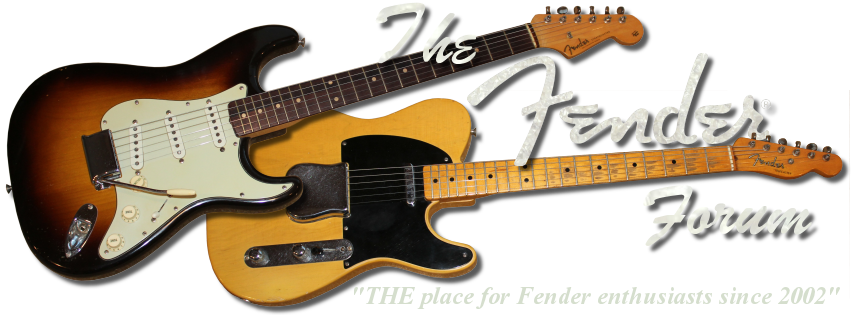Why You May Not Want to Buy a PLEK'ed guitar
OK, here's the skinny. It's a nice machine, it yields a level set of frets and saves the builders a lot of time. But here's consideration of why you may want to avoid it:
A good fret job starts with - a level fretboard. We get the neck straight by adjusting the truss rod and then beam sand it to level, and then use either a radius block or a beam and a gage to get the proper curvature. This will yield a quality, serviceable neck. Regardless of what comes next, this is the foundation it all gets built on and it's got to be correct. With a PLEK'ed neck, this can be skipped. Yes the guitar will play well - for a while.
With a PLEK job the fretboard can be uneven and the radius can be off. This a problem since the irregularities in the neck are now addressed by removing precious fret material reducing the life of the frets.
This is especially important with set-neck guitars since because of the construction it is not at all unusual to have a slight hump in the fretboard where the neck meets the body. If you level the fretboard before installing the frets this goes away, but if you rely on a PLEK job you can end up losing too much fret wire, reducing the useful life of the frets.
Also, I've yet to see any way of dressing the fret ends except a trained craftsperson doing the compound motion required.
Convince me otherwise, but I'd say a PLEK'ed neck is a manufacturing shortcut for cheap guitars. A real quality builder doesn't need to use a PLEK machine.
So I guess I'd say this: when purchasing a guitar that has been PLEK'ed really scrutinize the frets. When it's time to do fret maintenance, if too much material has been removed by the PLEK job you're looking at an expensive total refret instead of a simple level and recrown.
YMMV.
Chuck
Re: Why You May Not Want to Buy a PLEK'ed guitar
I'm opining on something I know very little about, but I spent this past weekend attending the Artisan Guitar Show in Harrisburg, PA. and not a single builder there said anything about PLEKing. My guess is this a way of "leveling the playing field" for mass-produced guitars. When a company is churning out thousands of guitars a year, some corners might get cut and PLEK is a way of evening things out. I could be wrong, of course.
